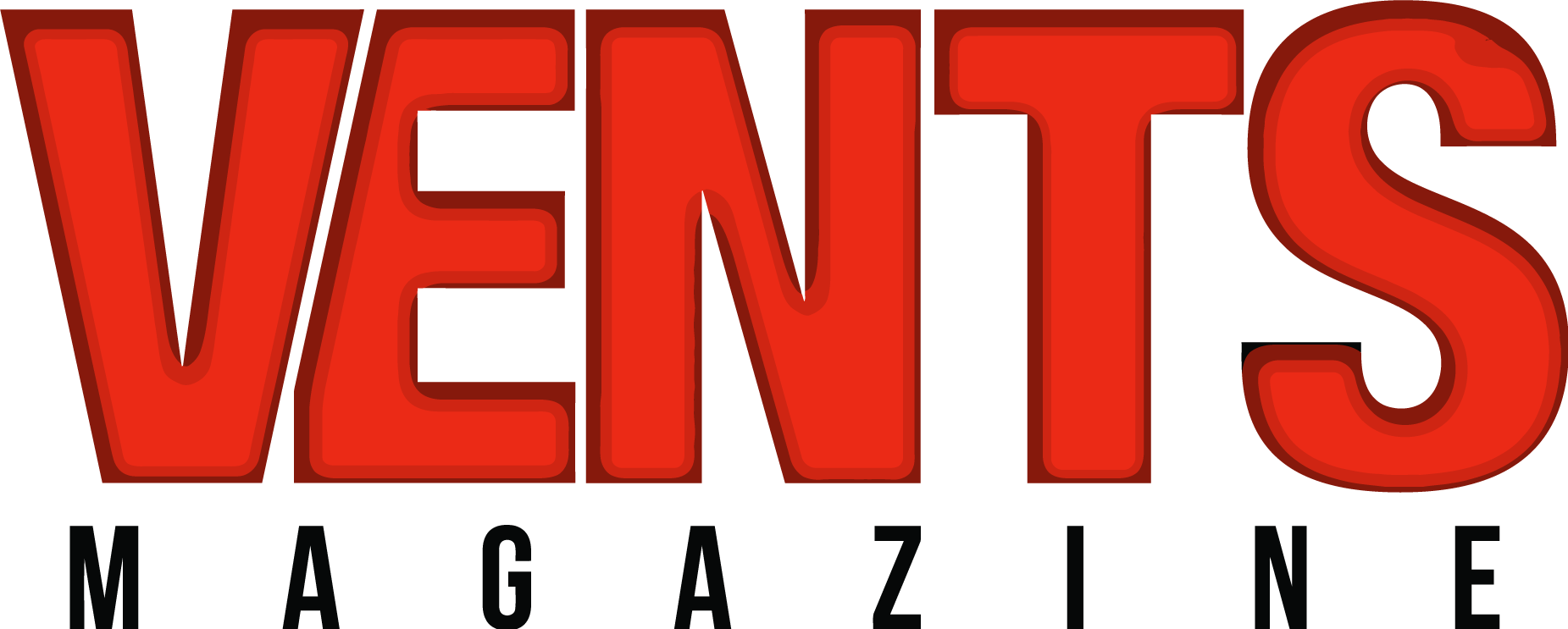
Ever have those days where you feel like you’re running on empty, jumping from one task to another without really getting anywhere? I’ve been there, juggling client sessions, family time, and my own sanity, wondering how to keep the energy flowing without crashing. As a wellness coach with over a decade of helping people find their groove, I’ve learned that it’s the small, everyday habits that make the biggest difference in boosting energy and sharpening focus. In 2025, with life moving faster than ever thanks to constant notifications and hybrid schedules, finding balance isn’t a luxury—it’s a must. This article is your go-to guide for simple, practical habits that can transform your daily routine, drawing on lifestyle tips that actually stick.
We’re not talking overnight miracles here; these are grounded strategies backed by what works in real life. From tweaking your morning start to sneaking in micro-breaks, we’ll explore how these changes can amp up your productivity and well-being. And hey, if you’re looking for more inspiration on weaving these into your routine, check out the modern lifestyle on Leatheling—they’ve got tons of ideas for making habits fun and sustainable. Whether you’re a busy parent, a remote worker, or just someone tired of the afternoon slump, let’s get into habits that deliver real results.
The Science Behind Energy and Focus
To kick things off, let’s chat about why these habits matter. Energy and focus aren’t just about willpower; they’re tied to how our bodies and brains function. According to Harvard Health, controlling stress is key because it drains energy fast, while things like exercise release endorphins that keep you going. In my practice, I’ve seen clients turn around their days by understanding this—it’s like flipping a switch.
How Habits Shape Our Biology
Our brains love routines; they build neural pathways that make good behaviors automatic. Real Simple highlights practices like mindfulness that strengthen focus by reducing mental clutter. Think of it as training your mind like a muscle. With 2025 bringing more distractions from AI assistants and smart devices, building these foundations is crucial.
Common Drains on Energy
From poor sleep to skipping meals, everyday slip-ups add up. A McKnight Brain Institute piece points to ultradian rhythms—natural 90-minute cycles where focus peaks and dips—suggesting we align habits with them. I’ve coached people who ignored this and burned out; now, they thrive by respecting their body’s clock.
Morning Routines: Setting the Tone for the Day
Your morning sets the stage. Start strong, and the rest follows.
Hydrate and Move
Drink water first thing—dehydration zaps energy. Amanda Burnett suggests stretching for 5 minutes to wake up your body. I do a quick yoga flow; it clears my head instantly.
Fuel with Protein
Skip the sugary cereal. Kerim Kara recommends a protein-packed breakfast to stabilize blood sugar. Eggs or Greek yogurt keep me focused till lunch.
Natural Light Exposure
Get outside or open the curtains. It resets your circadian rhythm, boosting alertness all day.
Midday Boosters: Keeping Momentum
Afternoon slumps hit hard, but habits can fight back.
Micro-Breaks and Movement
Every 90 minutes, stand up. HuffPost advises daily movement to sustain energy. A short walk refreshes my mind.
Mindful Breathing
Shor Medical suggests deep breathing to manage stress without caffeine. Try 4-7-8 breathing—it’s a game-changer for focus.
Healthy Snacking
Nuts or fruit provide steady energy. Avoid crashes from junk food.
Evening Wind-Down: Recharging for Tomorrow
End your day right to start the next strong.
Screen Curfew
UCLA Health recommends winding down without screens for better sleep. Read a book instead.
Journaling
Reflect on wins. It builds motivation, as per wellness routines.
Consistent Sleep
Aim for 7-9 hours. Restrict sleep if needed to improve quality.
Integrating Habits into Busy Lives
Make them stick with habit stacking—pair new ones with old, like meditating after coffee.
Overcoming Obstacles
Busy? Start small. Motivation follows action, not vice versa.
Tracking Progress
Use apps to monitor. Seeing wins keeps you going.
Semantic Keywords: Enhancing Relevance and Depth
Semantic keywords help connect content to what people search for. For lifestyle tips on focus and habits, I researched long-tail phrases like “how to improve daily focus with simple habits” or “energy boosting morning routines for busy people” using tools like SEMrush.
Why They Matter
They add context, helping search engines see the big picture.
Research Process
Looked for variants: “natural ways to boost energy without caffeine,” “habits for better mental focus 2025.”
Implementation
Weave in: Talk “daily routines for sustained energy” or “focus-enhancing lifestyle changes.”
Best Practices
Keep natural; prioritize value.
Case Studies: Real Transformations
One client, a teacher, added hydration and walks—energy up 30%. Another used journaling to sharpen focus.
Practical Tips
- Hydrate first.
- Protein breakfast.
- Micro-breaks.
- Breathing exercises.
- Screen curfew.
Challenges
Consistency is tough to start with one habit.
Conclusion
These habits bring balance. Explore Leatheling for more.
